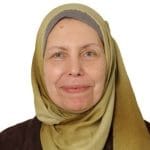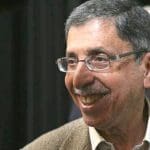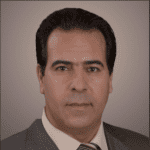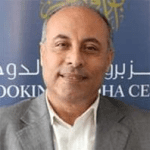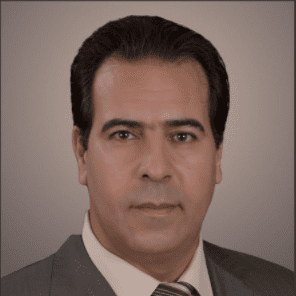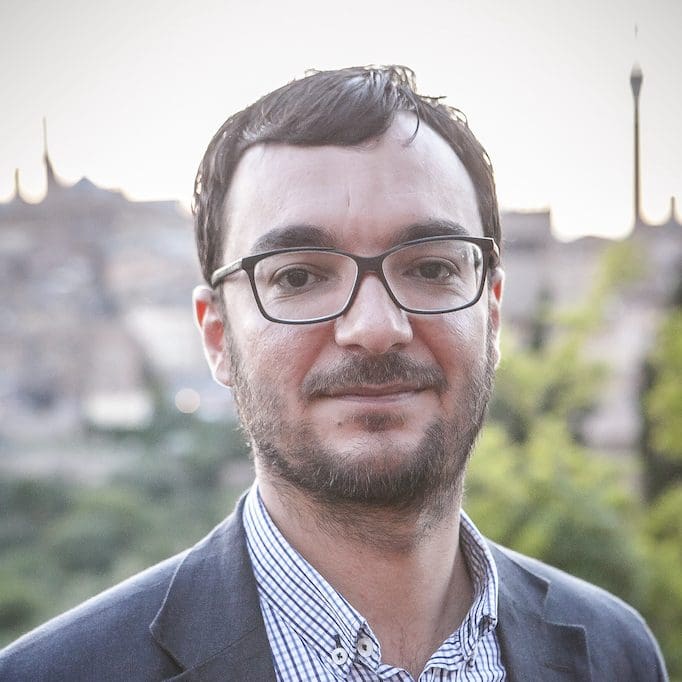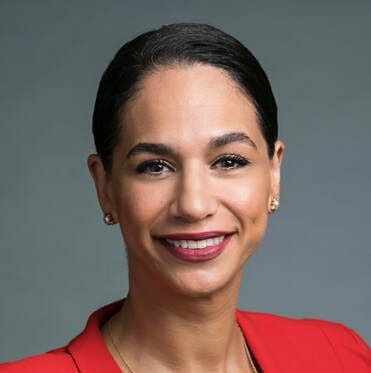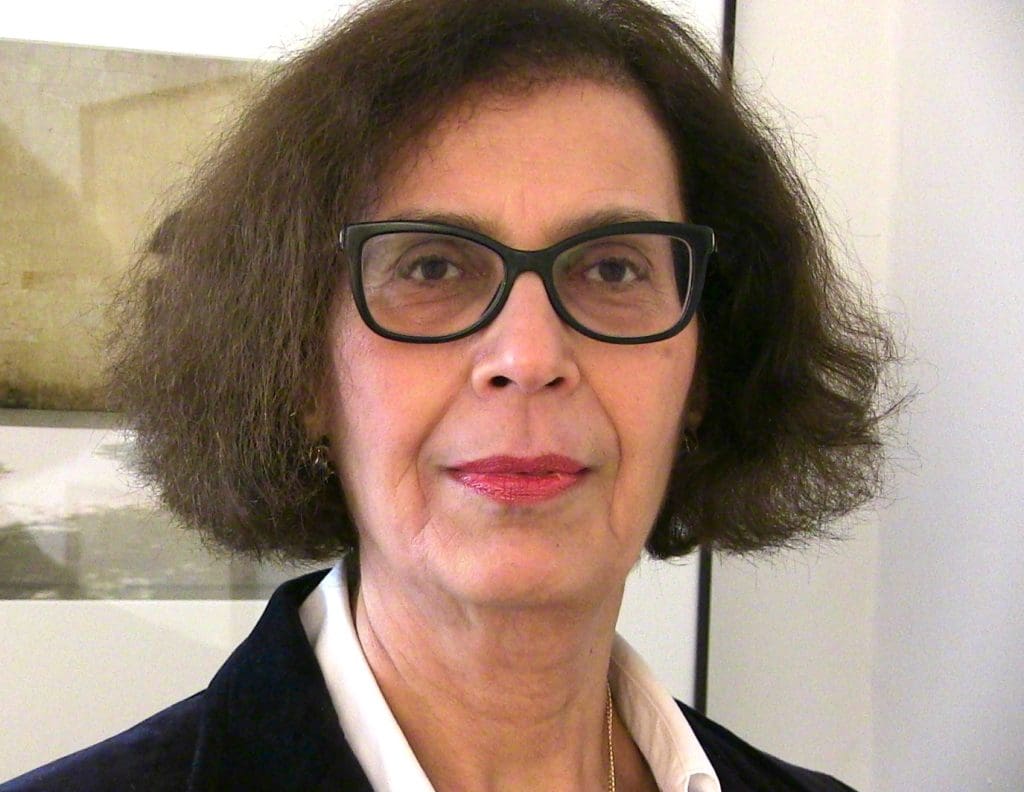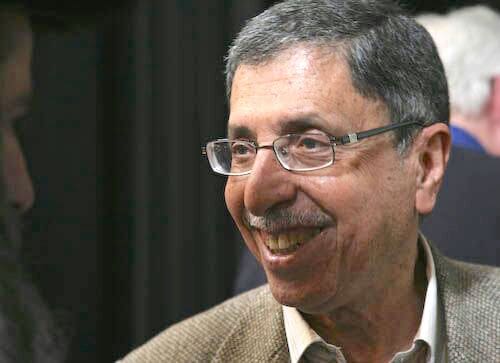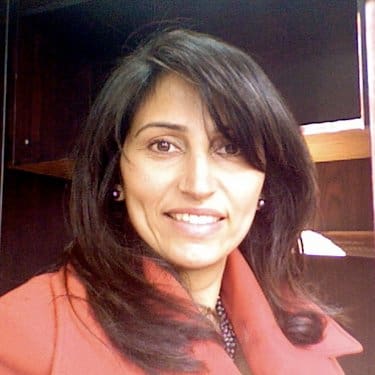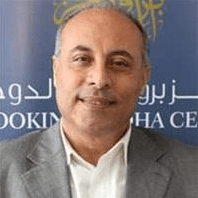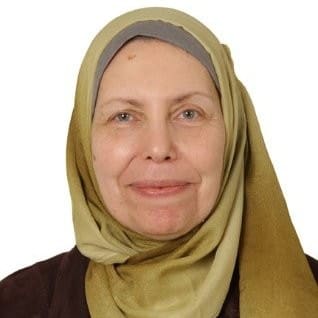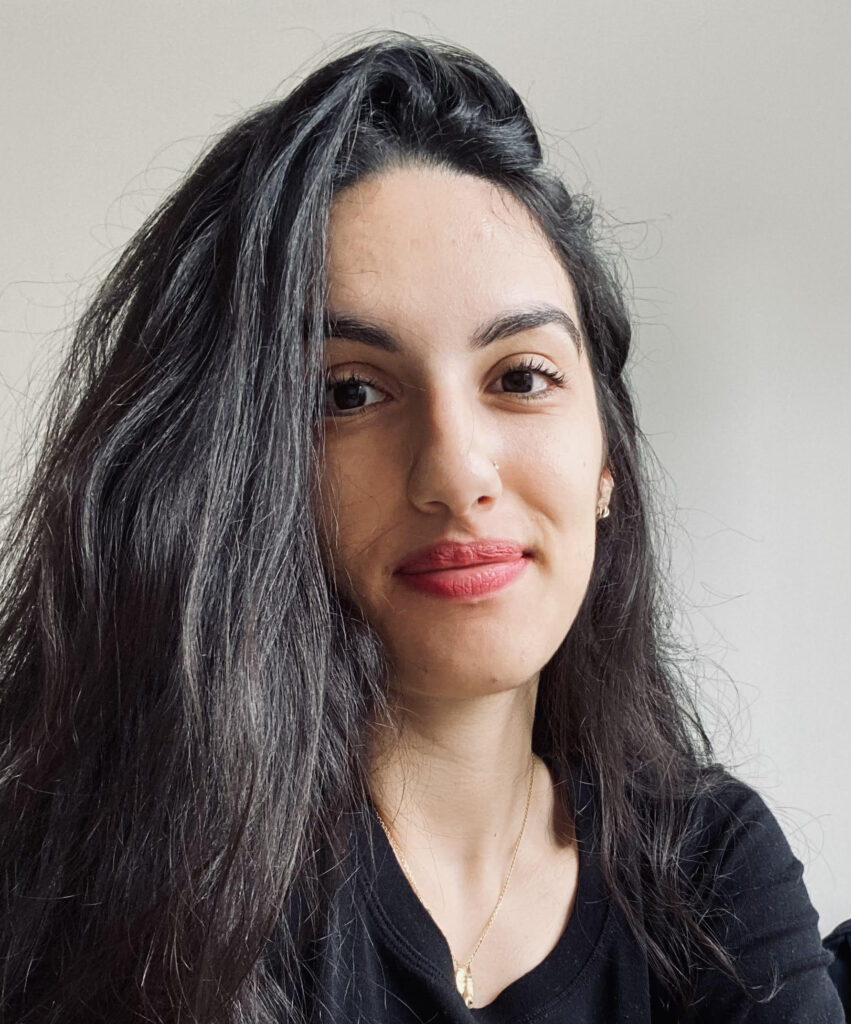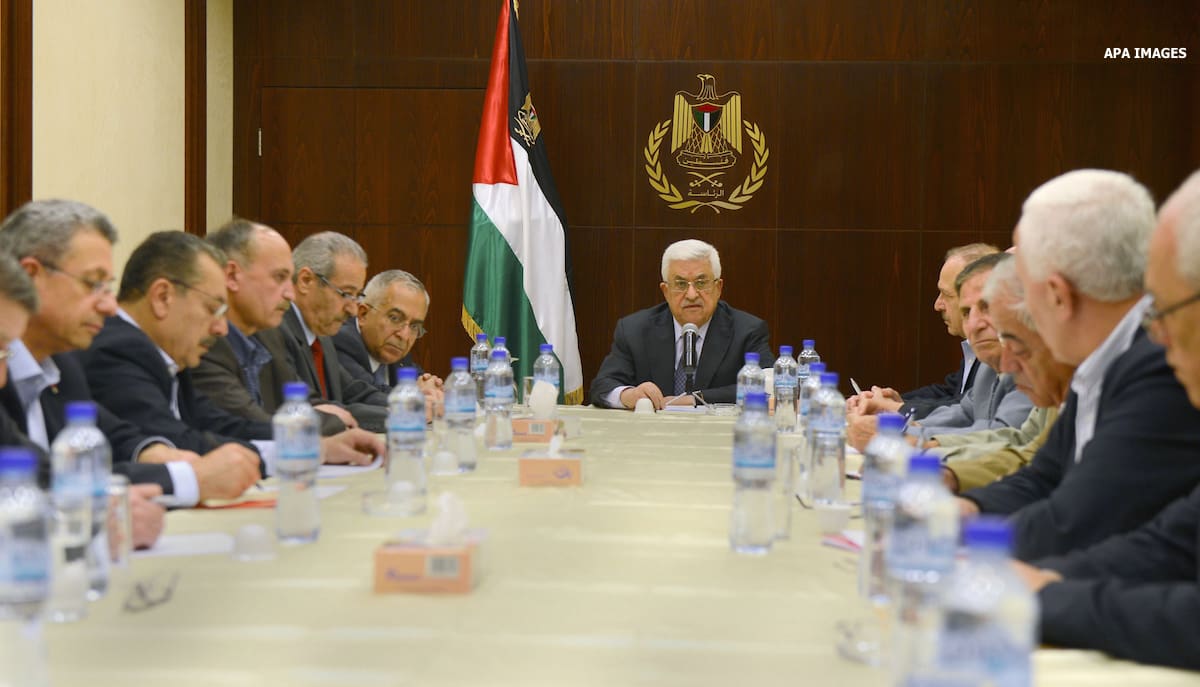
A Palestinian leadership vacuum looms due to the ill health of the secretary general of the Palestine Liberation Organization (PLO), Saeb Erekat, and the frailty of the Palestinian Authority (PA) President Mahmoud Abbas, who also heads the PLO and its main constituent party Fatah. The PA has largely co-opted the PLO, with Abbas ruling by diktat in an increasingly authoritarian manner, most recently cracking down on Palestinian use of social media. Yet despite its limitations, the PLO remains the body that has the most legitimacy among the Palestinian people under occupation, in Israel, and in the diaspora.
Earlier this month Fatah’s Central Council called for a meeting of the Palestinian National Council (PNC), which serves as the Palestinian parliament in exile and has only met twice since the PA was established. The PLO Executive Committee is considering the call, but the parameters and purpose of the meeting have yet to be defined, and convening a meeting without agreement on the basics, including on the representation of major political factions hitherto excluded from the PLO, would be detrimental to the national project.
Against this background, Al-Shabaka has pulled together a selection of pieces from its archives in which its policy analysts discuss issues related to the reform of PLO institutions and questions of legitimate political representation.
Reforming the PLO
Democratizing the PLO: Five Questions
By Toufic Haddad
Toufic Haddad acknowledges in this Commentary that the democratization of the PLO is long overdue. However, he warns that much of the contemporary debate around democratization wants the end result of democracy without undertaking the real work of what democracy entails. Read more…
“Who Are You?”: The PLO and the Limits of Representation
By Osamah Khalil
In this Policy Brief, Osamah Khalil argues that, while many Palestinians seek to revive the PLO to its former strength in Palestinian representation, such an act would not lead to greater representation and accountability. Instead, Palestinians must abandon the PLO and begin working to create a new representative body. Read more…
An Open Debate on Palestinian Representation
By Rana Barakat, Mouin Rabbani, Dina Omar, Fajr Harb, Hani Masri, As’ad Ghanem, Yasmine Hamayel, and Aziza Khalidi
In this Roundtable, Al-Shabaka analysts respond to Osamah Khalil’s Policy Brief, discussing possible next steps for Palestinian representation, such as reforming or dissolving the PLO, and how to build a more cohesive and democratic community. Read more…
Representation Under Occupation
Palestine After Abbas: Potential Scenarios and Coping Strategies
By Hani al-Masri, Noura Erakat, Jamil Hilal, Sam Bahour, Jaber Suleiman, Diana Buttu, Wajjeh Abu Zarifa, and Alaa Tartir (facilitator)
It was hoped that the long-delayed Fatah seventh conference would provide insight into how and when Mahmoud Abbas might step down from one or all of the three positions he holds in the PLO, the PA, and Fatah. This Roundtable examines the different scenarios for a post-Abbas Palestine. Read more…
Palestinian Democracy Denied
By Mouin Rabbani, Basem Ezbidi, Tariq Dana, and Amal Ahmad
The potential of Palestinian democracy is greatly weakened by Israel and its military occupation, Palestinian actors such as Fatah and Hamas, and key members of the donor community. In this Roundtable, Al-Shabaka analysts examine the notion of democracy under occupation so as to understand what it entails and how it can be expressed. Read more…
Leadership to What End?
Oslo’s Roots: Kissinger, the PLO, and the Peace Process
By Osamah Khalil
The conventional wisdom is that the PLO – weakened and on the verge of bankruptcy after the end of the Cold War and the first Gulf War – signed the Oslo Accords to stave off the emergence of an alternate leadership from the Occupied Palestinian Territory and irrelevancy. However, in this Policy Brief Osamah Khalil draws on declassified US diplomatic documents to argue that the roots of Oslo can be traced to the aftermath of the 1973 October War. Read more…
PLO/Palestine: Time to Stop Buying Time
By Nadia Hijab and Diana Buttu
Almost every day brings the announcement of a new international initiative by the PLO to seek recognition as a “state” or to end Israel’s military rule. Yet, as noted in this Commentary by Nadia Hijab and Diana Buttu, all this talk about new initiatives rings hollow because the PLO has done so little with the many legal tools already available to it. Read more…
Al-Shabaka policy analysts are available for media interviews. Please email [email protected] for more details.
Al-Shabaka Policy Member Yassmine Saleh Hamayel is working on gender and security in Ramallah, and is active in the Palestinian youth movement. Her areas of interest include democratization, development, youth, and refugees.
Wajjeh Abu Zarifa is a journalist, researcher and professor of political science in Gaza, and a fellow at the University of Chicago. He holds a PhD from the Cairo-based Institute of Arab Research and Studies in political science, and a master’s degree in Israeli studies from the University of Jerusalem. Abu Zarifa has participated in numerous international conferences and seminars, and published scientific papers and research as well as political articles and opinion pieces. He has worked in the press for 30 years with local and international media outlets including most recently NBC News. Abu Zarifa served in a number of community posts, including director of the PLO’s national office for the defense of land and resistance of settlement, and a member of the Secretariat of the Palestinian Journalists’ Syndicate.
Toufic Haddad is a Palestinian-American writer based in Jerusalem. He is the co-author and editor of Between the Lines: Readings in Israel, the Palesinians, and the U.S. ‘War on Terror‘. (Haymarket Books, 2007, co-written with Israeli author Tikva Honig-Parnass) and Towards a New Internationalism: Readings in Globalization, the Global Justice Movement and Palestinian Liberation (Muwatin: Ramallah 2006, [Arabic] co- written with Ala el Azzeh.) His writings on the Israeli-Palestinian conflict have been featured in The National, Al Jazeera English (web), Journal of Palestine Studies, Monthly Review Zine, Znet, Counterpunch, International Socialist Review, and Socialist Worker.
Tariq Dana is Assistant Professor of Conflict and Humanitarian Studies at the Doha Institute for Graduate Studies, and an adjunct lecturer at Northwestern University in Qatar. He served as the director of the Center for Development Studies at Birzeit University and as a senior research fellow at the Ibrahim Abu-Lughod Institute of International Studies, the Graduate Institute of International and Development Studies in Geneva, and the School of Oriental and African Studies.
Sam Bahour resides in Al-Bireh/Ramallah, Palestine. He does business consulting as Applied Information Management (AIM), specializing in business development with a niche focus on the information technology sector and start-ups. Bahour was instrumental in the establishment of two publicly traded firms: the Palestine Telecommunications Company (PALTEL) and the Arab Palestinian Shopping Centers (APSC). He is Co-founder & Emeritus Member of Americans for a Vibrant Palestinian Economy (A4VPE). He currently is an independent Director at the Arab Islamic Bank PLC and a board member at Just Vision. He writes frequently on Palestinian affairs and has been widely published in leading outlets. He is co-editor of HOMELAND: Oral History of Palestine and Palestinians (Olive Branch Press, 1993), tweets at @SamBahour, and blogs at epalestine.ps.
Rana Barakat is an assistant professor of history and contemporary Arab studies at Birzeit University in Palestine. She received her Ph.D. from the University of Chicago writing about popular politics and resistance in early twentieth century Palestine. Her research interests include the social history of Jerusalem, colonialism, and revolutionary social movements.
Osamah Khalil is a co-founder of Al-Shabaka. He is an Associate Professor of History at Syracuse University’s Maxwell School of Citizenship and Public Affairs. Khalil is the author of America’s Dream Palace: Middle East Expertise and the Rise of the National Security State (Harvard University Press, 2016).
Noura Erakat is an assistant professor at George Mason University where she teaches in the legal studies, international studies, and human rights/social justice studies concentrations. An attorney and human rights advocate, she previously served as Legal Counsel for a Congressional Subcommittee in the House of Representatives and as an advisor on Middle East affairs for Congressman Dennis Kucinich. Noura comments regularly on US foreign policy and international law matters. She has appeared on Al Jazeera International, NBC’s “Politically Incorrect,” and Fox’s “The O’Reilly Factor.” Her writings have appeared in The Huffington Post, Berkeley Law School’s Journal for Middle East and Islamic Law, Counterpunch, Al-Majdal, and the Middle East Research and Information Project (MERIP).
Nadia Hijab is co-founder and honorary president of Al-Shabaka: The Palestinian Policy Network. She served as Board President from 2010-2021 and as Executive Director between 2011 and March 2018. A writer, public speaker and media commentator, Hijab’s first book, Womanpower: The Arab Debate on Women at Work was published by Cambridge University Press and she co-authored Citizens Apart: A Portrait of Palestinians in Israel (I. B. Tauris). She was Editor-in-Chief of the London-based Middle East Magazine before serving at the United Nations in New York. She is a co-founder and former co-chair of the US Campaign for Palestinian Rights and now serves on its advisory board. She continues to serve Al-Shabaka in an advisory capacity and support its mission.
Mouni Rabbani is an independent writer and analyst specializing in Palestinian affairs and the Arab-Israeli conflict. He is a senior fellow at the Institute for Palestine Studies and is a Contributing Editor to the Middle East Report. His articles have also appeared in The National and he has provided comments for The New York Times.
Jamil Hilal is an independent Palestinian sociologist and writer, and has published many books and numerous articles on Palestinian society, the Arab-Israeli Conflict, and Middle East issues. Hilal has held, and holds, associate senior research fellowship at a number of Palestinian research institutions. His recent publications include works on poverty, Palestinian political parties, and the political system after Oslo. He edited Where Now for Palestine: The Demise of the Two-State Solution (Z Books, 2007), and with Ilan Pappe edited Across the Wall (I.B. Tauris, 2010).
Jaber Suleiman is an independent researcher/consultant in Refugee Studies. Since 2011, he has been working as a consultant and coordinator for the Lebanese Palestinian Dialogue Forum at the Common Space Initiative, UNDP Support Project on Consensus Building, and Civil Peace in Lebanon. Between 2007 and 2010, he worked as a consultant for the Palestinian program of UNICEF in Palestinian refugee camps of Lebanon. He was a Visiting Study Fellow at the Refugee Studies Program, University of Oxford. He is also a co-founder of Aidoun Group & the Centre for Refugee Rights/Aidoun, and has written several studies dealing with Palestinian refugees and the right of return.
Hani Al-Masri is Director General of Masarat, the Palestinian Center for Policy Research and Strategic Studies. He founded and was director general of the Palestinian Media, Research and Studies Centre, Badael, between 2005 and 2011. He has published hundreds of articles, research and policy papers in Palestinian and Arab magazines and newspapers including Al-Ayyam and Al-Safir. He previously served as General Manager of the Printing & Publication Department at the Ministry of Information and as a member of the Committee on Government in the Commission of Dialogue held in Cairo in 2009. He is a member of the board of trustees at the Yasser Arafat Foundation.
Al-Shabaka Policy Member Fajr Harb is a Palestinian political activist. He is currently the Assistant Director of The Carter Center Field Office in Ramallah. In addition to his experience in advocacy and fundraising, he has an academic background and training in the United States in both engineering and economic development.
Dina Omar is a writer and a graduate student studying Anthropology at Yale. She is a founding member of Students for Justice in Palestine-National and serves on the National Executive Board of the Palestine Youth Movement.
Diana Buttu is a lawyer who previously served as a legal advisor to the Palestinian negotiating team and was part of the team that assisted in the successful litigation of the Wall before the International Court of Justice. She frequently comments on Palestine for international news media outlets such as CNN and BBC; is a political analyst for Al Jazeera International and is a regular contributor to The Middle East magazine. She maintains a law practice in Palestine, focusing on international human rights law.
Al-Shabaka Policy Member Basem Ezbidi currently teaches at the Honors Program and the Department of International Affairs at Qatar University. He previously worked at Birzeit University as part of the department of Political Science and the Master program of Democracy and Human Rights. Ezbidi holds a Ph.D. in political theory from the University of Cincinnati in the United States. He has written on Hamas, state-building, and the West and the Moslem World. Among his publications, The Muslim World and the West – A Muslim Perspective; Coauthor of “Palestinian National Authority and the Future of State Formation”, and ‘Hamas and Palestinian Statehood’; Co-editor of “Popular Protest In The New Middle East: Islamism and Post-Islamist Politics”.
Aziza Khalidi serves on the board of the Najdeh Association and is a founding member of the Forum of Palestinian women in Lebanon, a network of non-governmental organizations promoting the implementation of the Convention on the Elimination of Discrimination Against Women. She is also affiliated to the faculty of economics and business administration at the Islamic University of Lebanon. She works as a freelance research consultant in areas pertaining to health and development for refugees in general, gender issues, and elderly. Contributed to design, implementation and report write up of several field surveys.
As’ad Ghanem is a senior lecturer at the School of Political Sciences, University of Haifa. Ghanem’s theoretical work has explored the legal, institutional and political conditions in ethnic states. He has covered issues such as Palestinian political orientations, the establishment and political structure of the Palestinian Authority, and majority-minority politics in a comparative perspective. His books include Palestinian Politics after Arafat: A Failed National Movement (Indiana Series in Middle East Studies). Ghanem has initiated several empowerment programs for Palestinians in Israel.


















